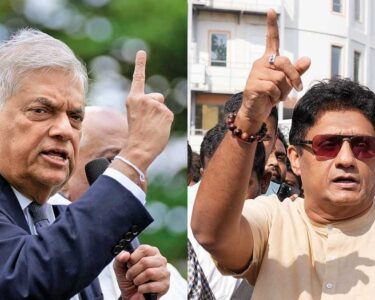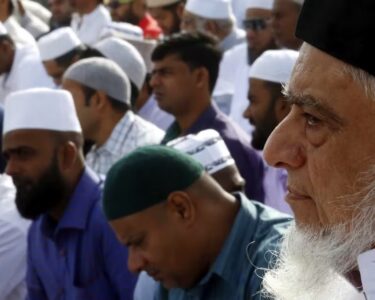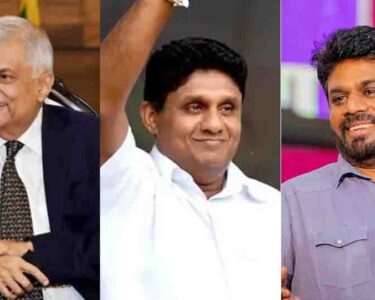Sri Lanka’s political landscape is poised for a major shakeup as the country gears up for crucial elections in 2024 and 2025. Amidst a crippling economic crisis and growing disenchantment with the status quo, the Janatha Vimukthi Peramuna (JVP), a once-radical leftist party, is now emerging as a potential frontrunner, raising hopes for systemic change and challenging the decades-old grip of ethnocracy on the nation’s politics.
The JVP’s rise presents a stark contrast to the traditional dominance of the Rajapaksa clan and their allies. The party, once branded as “insurrectionary,” has undergone a significant transformation, shedding its violent past and embracing democratic reform.
Their focus on addressing the economic crisis, tackling corruption, and promoting social justice resonates with a populace yearning for a break from the entrenched political elite.
However, the JVP’s potential victory raises complex questions about the path Sri Lanka will take. While their economic policies may be necessary to navigate the current crisis, some analysts warn they could jeopardize debt restructuring agreements with the IMF. Additionally, the JVP’s ascendancy sparks concerns about their stance on the executive presidency, a controversial institution deemed responsible for systemic corruption and the erosion of democratic checks and balances.
Experts argue that the key to Sri Lanka’s future lies not just in electing a new government but in dismantling the ethnocratic foundation that has plagued the nation. This system, favoring the Sinhalese majority at the expense of minorities, particularly Tamils, has perpetuated injustice and instability. Dismantling it requires addressing long-standing grievances, implementing genuine reconciliation efforts, and moving towards a more inclusive and equitable society.
Elections as an Opportunity:
For Sri Lanka to truly break free from its past, the upcoming elections present an opportunity, but not a guarantee. The fight for systemic change and a just future demands more than just casting a vote for a new party. It requires continued public pressure, active engagement from civil society, and a steadfast commitment to dismantling the ethnocratic structures that have held the nation captive for far too long.
For Sri Lanka to truly break free from its past, the upcoming elections present an opportunity, but not a guarantee. The fight for systemic change and a just future demands more than just casting a vote for a new party. It requires continued public pressure, active engagement from civil society, and a steadfast commitment to dismantling the ethnocratic structures that have held the nation captive for far too long.
Whether Sri Lanka embraces this opportunity or remains trapped in the cycle of ethnocratic politics remains to be seen. The next two years will be crucial, and the world will be watching as this island nation navigates the crossroads of potential victory, systemic change, and the battle for a truly democratic future.







